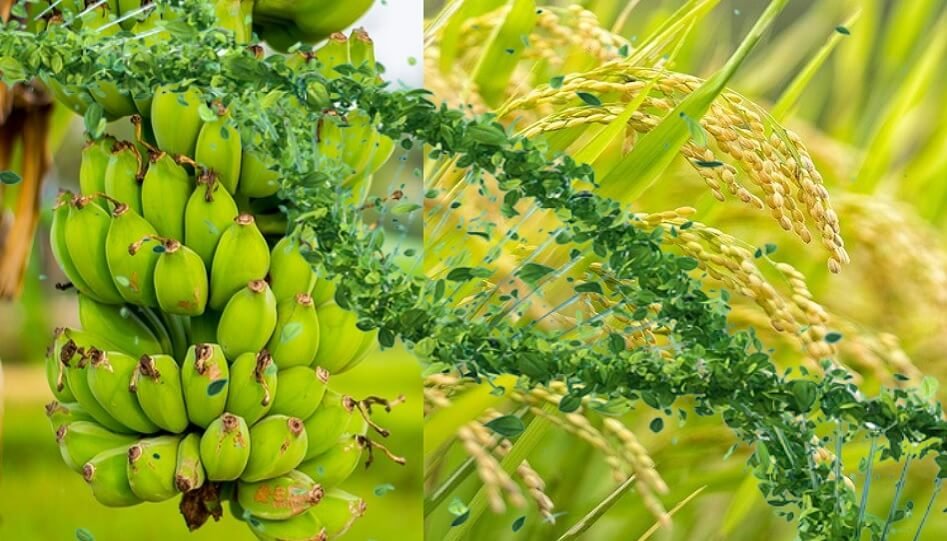Centre govt exempts genome-edited plants from biosafety regulations for faster development of new varieties.
The Ministry of Environment announced on Wednesday that plants in the SDN1 and SDN2 (Site-Directed Nuclease) categories are exempt from biosafety regulations, potentially allowing for faster development of new varieties. However, such genome-edited plants must abide by all other applicable laws/acts/rules.
The Ministry of Environment, Forestry, and Climate Change stated in its order that the Department of Biotechnology and the Department of Agriculture Research and Education had recommended that ‘SDN1 and SDN2 Genome Edited Products free of exogenous introduced DNA be exempted from biosafety assessment.’
Also Read | 10,000 years old Chickpea recently gained a genomic advantage.
It is a recognition of the potential of genome editing technology in agriculture, according to Bhagirath Choudhary, director of the South Asia Biotechnology Centre in Jodhpur. The notification clears the way for the Department of Biotechnology to approve and notify the Genome Edited Plants guidelines, which had been pending since early 2020.
Feedback from states
The exemption was delayed primarily due to the Ministry of Environment’s decision in September 2021 to seek feedback from the states, despite scientists’ reservations that doing so would further delay and possibly derail the process, according to sources.
In essence, it’s not an exemption per se, but this policy decision would allow SDN1/SDN2 categories of genome-edited plants free of transgenes/foreign genes to exit the GMO regulatory system, he explained.
According to Choudhary, the Ministry of Environment made a similar decision in 2006 based on the recommendation of the Dr. Mashelkar Committee to allow the exit of rDNA pharma products from the GMO regulatory system.
The limited benefit of this policy decision is that genome-edited SDN1/SDN2 category plants will be exempt from the burdensome GMO regulatory system after IBSC/RCGM evaluates molecular data under EPA Rules 1989 and then under the Seed Act, a unique dual regulatory system making sure biosafety and benefits of technology for the welfare of local farmers, added Choudhary.
Experts view genome-editing
While genetically modified (GM) crops are opposed because the genes of others are mixed in the development of new varieties, experts say genome-editing is simply a process of correcting some bad elements and thus does not face any opposition.
Some crop varieties, such as paddy and banana, have been developed using genome-editing technology, and once the guidelines are issued, they will be commercially available, according to Kailash Bansal, Secretary of the National Academy of Agricultural Sciences (NAAS).
Also Read | Center investigates allegations that unapproved GM rice was exported.
‘Not only will it help increase food production, but it will also ensure environmental sustainability. Crops with higher water efficiency can be developed,’ Bansal stated.
In March of last year, the National Academy of Agricultural Sciences (NAAS), the Trust for Advancement in Agricultural Sciences (TAAS), the Tata Institute for Genetics and Society (TIGS), Biotech Consortium India Ltd (BCIL), the Biotechnology Industry Research Assistance Council (BIRAC), and the Mohali-based National Agri-Food Biotechnology Institute (NABI) unanimously agreed to incorporate this technology for the benefit of the farm sector.


















Add Comment